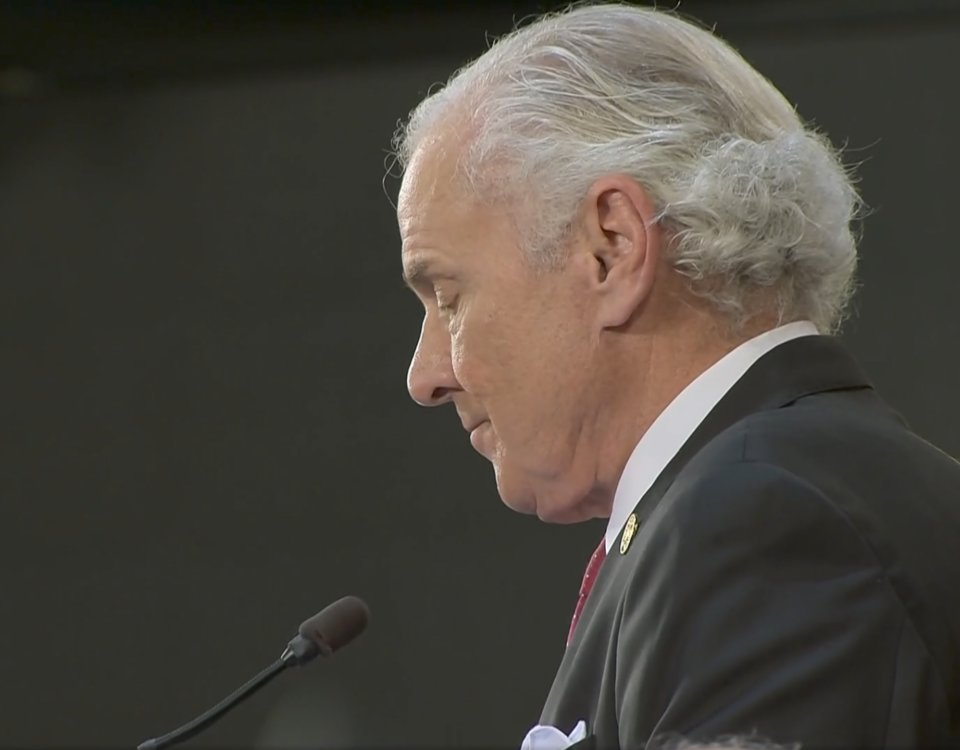
The “Off Season” Still Matters to Your Bottom Line
October 11, 2016
Legislative Leadership Unchanged, Uncertainty Remains
December 6, 2016The Overtime Rule: What’s Next?

While you were out at the grocery store buying the last-minute trimmings, a Federal judge in Texas issued a temporary injunction stopping the implementation of the “Overtime Rule.”
(If you’ve been living under a rock for the past six months, the Fair Labor Standards Act changed in the spring. The regulatory change doubled (to $47,476) the salary threshold under which nearly all employees are entitled to overtime. That rule was supposed to go into effect on December 1. You can find out more here.)
In a 20-page order, U.S. District Judge Amos Mazzant (an Obama appointee) issued the temporary injunction, writing:
“Due to the approaching effective date of the Final Rule, the Court’s ability to render a meaningful decision on the merits is in jeopardy. A preliminary injunction preserves the status quo while the Court determines the department’s authority to make the Final Rule as well as the Final Rule’s validity.”
Legal analysts spent the weekend looking for clues in the ruling, and while the ruling is officially temporary, Judge Mazzant suggested his injunction could become permanent writing: “the Final Rule exceeds the Department’s authority” and “ignores Congress’s intent.”
So, what’s next for the rule and your business?
First, let us be clear that you need to work with your legal and/or human resources team to plot your own direction. Here are some potential scenarios that you should consider:
- The injunction is temporary. However, Judge Mazzant could issue a final ruling at any time. The injunction only said that he thought he needed more time than the initial December 1st
- If the Texas judge vacates the rules and his ruling gets overturned, it may be possible that the overtime rules could be enforced retroactively to December 1st, according to experts at Ogletree Deakins.
- The Department of Labor could appeal, but has given no direction as of when I write this. This ruling could be appealed to the Fifth Circuit Court of Appeals in New Orleans, but that court hasn’t been friendly to Federal regulations in the past. (The Fifth Circuit placed an injunction on President Obama’s executive orders on immigration in 2015.)
- A new Secretary of Labor or Attorney General could drop the defense of the rule or not enforce the rule, both of which would effectively kill it.
- The next Congress could act to amend or roll-back the rule.
- President-elect Trump could take action to try to amend or roll-back the rule. The President cannot act unilaterally. His administration could start a new notice-and-comment rulemaking which may take some time. There could be other possible avenues, such as an emergency regulation, to change it but the administration will need to comply with the Administrative Procedure Act.
OK, what does President-elect Trump say?
That’s a bit more complicated. In August, then-candidate Trump told the website Circa:
“We have to address the issues of over-taxation and over-regulation and the lack of access to credit markets to get our small business owners thriving again. Rolling back the overtime regulation is just one example of the many regulations that need to be addressed to do that. We would love to see a delay or a carve-out of sorts for our small business owners.”
Later in the campaign, Trump cited the overtime rule as an example of regulatory over-reach that he would reverse. In his “100 Day Plan” issued in October, he did not specifically mention FLSA or the Overtime Rule, but did write that he would “cancel every unconstitutional executive action, memorandum and order issued by President Obama.” As with his
The Greenville Chamber, and Upstate Chamber Coalition’s position has been that such a wide-ranging rule should go through Congress before being implemented. That was also the basic position taken by business groups, the U.S. Chamber, and the 21 states (including South Carolina) that filed the lawsuit.
When the lawsuit was filed in September, Attorney General Alan Wilson said the change was akin to “allowing unelected bureaucrats to circumvent congress and make up the rules as they go.”
Again, we urge all businesses to meet with their legal and/or human resources teams to plot your individual response.

About the Author
Jason Zacher is the Greenville Chamber’s Vice President of Business Advocacy and Executive Director of the Upstate Chamber Coalition.




